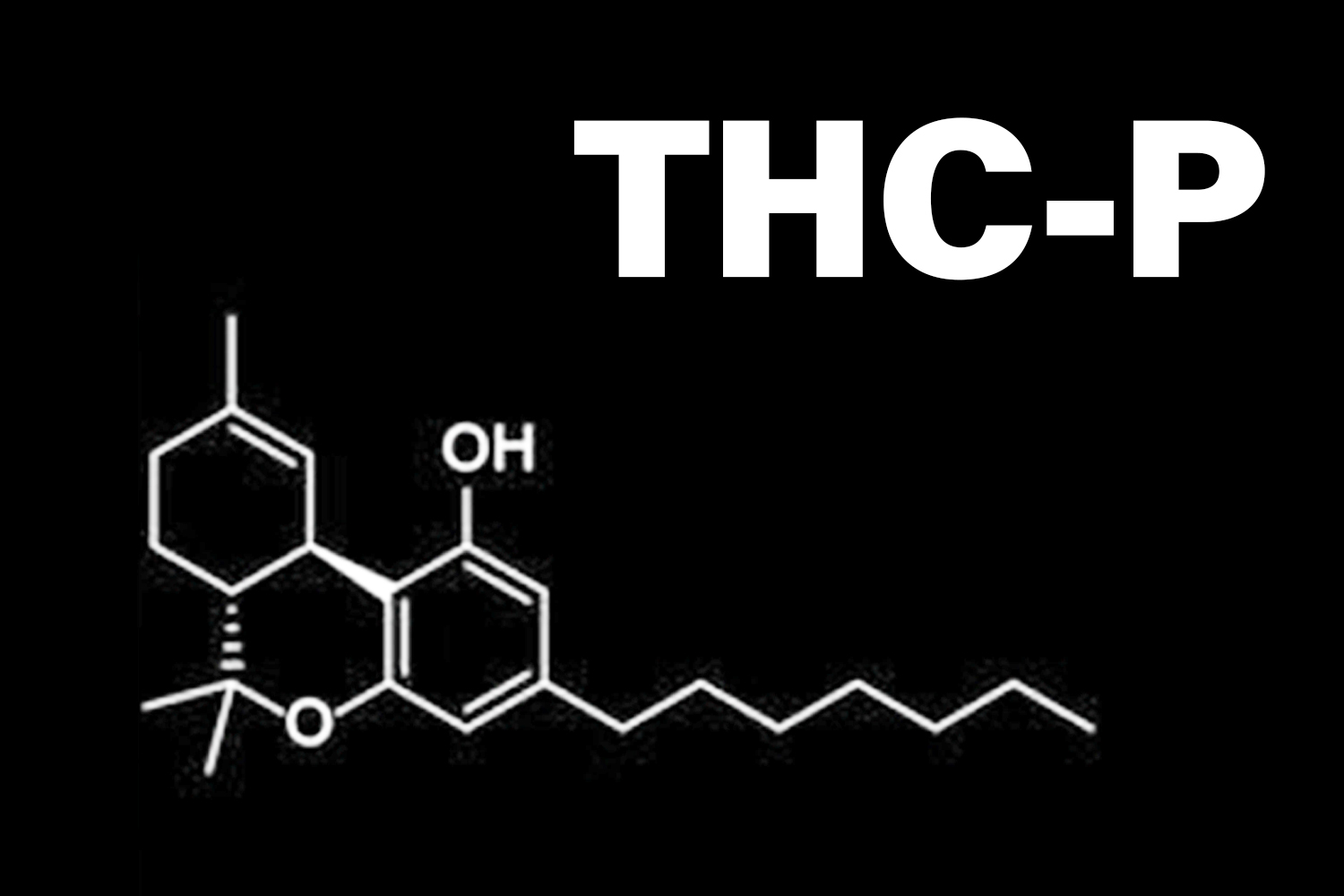THC-P (tetrahydrocannabiphorol) is a phytocannabinoid structurally similar to delta-9-tetrahydrocannabinol, the most abundant cannabinoid in most varieties of cannabis. First identified in a particular marijuana strain, THC-P can be manufactured in the laboratory by chemically manipulating cannabidiol (CBD) extracted from legal hemp plants.
THC-P has a higher binding affinity to the CB1 receptor than THC, making it approximately 30 times more potent than traditional THC. This means that smaller doses of THCP may produce more pronounced effects, such as an increased sense of euphoria. However, the overall strength of THC-P versus THC is still debated.
Today, we will analyze the strength of THC-P compared to THC from multiple angles. We will begin by discussing the chemical properties of THC-P and THC and then compare the effects of both compounds on the body. We will also discuss the current legal status of THC-P and THC and the potential medical benefits of both compounds. Finally, we will examine the potential risks of using THC-P and THC.
READ: What Are The Effects of Psychoactive Hemp?
Chemical Properties of THC-P and THC

THC-P and THC are organic compounds in the class of molecules known as cannabinoids. Cannabinoids are naturally occurring substances found in the cannabis plant, responsible for the psychoactive effects of consuming cannabis.
THC-P and THC are similar in structure but differ in the number of carbon atoms in their molecular chain. THC-P has a longer chain than THC, with an additional carbon atom at the end. This slight difference in structure gives THC-P its increased binding affinity to the CB1 receptor.
Effects of THC-P and THC
The effects of THC-P and THC are broadly similar, but there are some key differences. Generally speaking, THC-P produces more intense and longer-lasting effects than THC. This is due to the increased binding affinity of THC-P to the CB1 receptor, which allows for more efficient absorption of the compound into the body.
THC-P also has a significantly higher affinity for the CB2 receptor than THC, meaning it can interact with the endocannabinoid system differently than THC. This can lead to different effects, such as increased pain relief and anti-inflammatory effects.
READ: Eighty Six Brand THC-P 1 Gram Cartridge Review
Legal Status of THC-P and THC

THC-P and THC are Schedule I substances in the U.S., meaning they are illegal to produce, possess, or distribute. However, THC-P is not yet listed in the Controlled Substances Act, meaning it can legally be manufactured in some states.
Medical Benefits of THC-P and THC
A growing body of evidence suggests that THC-P and THC have potential medical benefits. Both compounds have been found to have anti-inflammatory and pain-relieving properties, as well as possible anti-tumor effects. However, further research is needed to understand both compounds’ medical benefits fully.
Risks of THC-P and THC

As with any drug, THC-P and THC can have adverse effects when taken in excess. Common side effects of consuming too much THC-P or THC include dizziness, confusion, paranoia, and anxiety. In rare cases, taking too much of either compound can lead to a psychotic episode.
Where To Find The Best Cannabinoid Products?
Eighty-Six is the best place to buy all your cannabinoid products because of their commitment to quality. Their products are rigorously tested and verified for purity and potency, so you can be sure you’re getting the highest quality. In addition, they are committed to offering the most competitive prices, so you can be sure you’re getting the best deal possible. Plus, their customer service is top-notch.
They are friendly, knowledgeable, and always willing to answer product questions. With their commitment to quality, competitive prices, and excellent customer service, it’s easy to see why Eighty-Six is the best place to buy all your cannabinoid products. Plus, using coupon code SLYNG15, you can get 15% off your next order!
READ: Is THC-P Better than Delta 8?
Is THC-P Stronger than THC? – Conclusion
In conclusion, THC-P is a more potent form of THC, with a higher binding affinity to the CB1 receptor and increased potential for medical benefits. However, it is essential to remember that THC-P and THC are illegal substances in the U.S.; consuming either substance in excess can lead to adverse effects. Further research is needed to understand THC-P and THC’s potential therapeutic effects fully.
